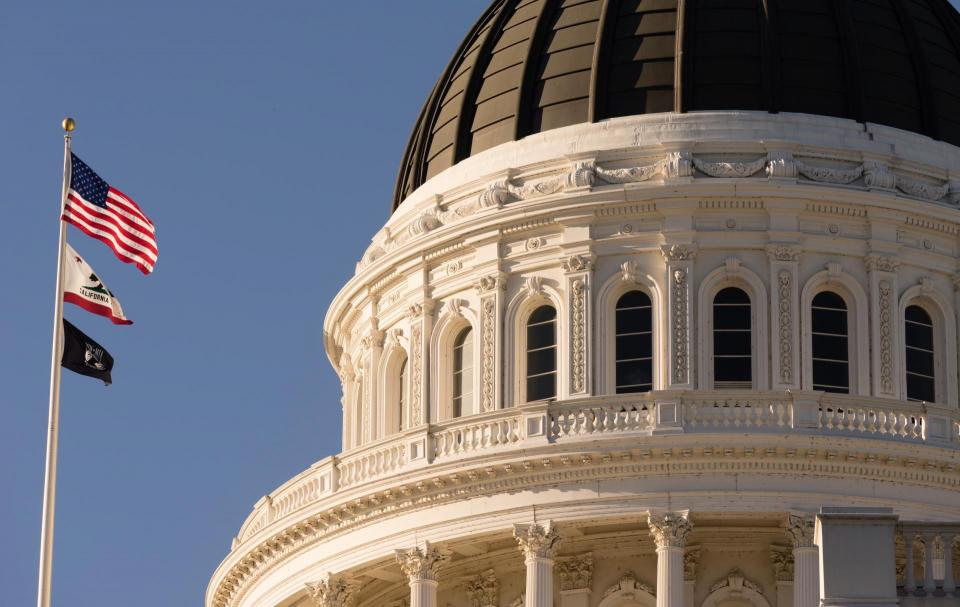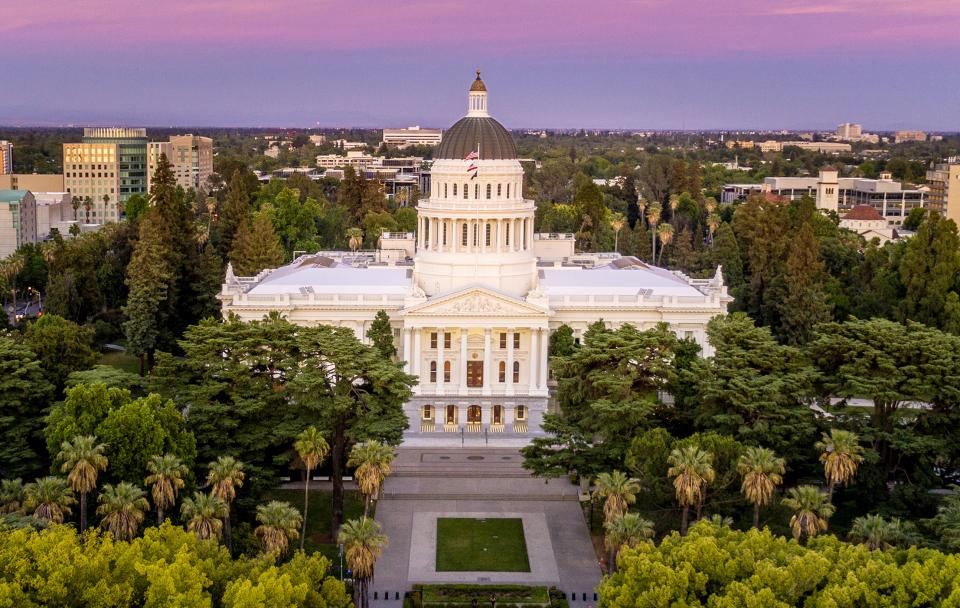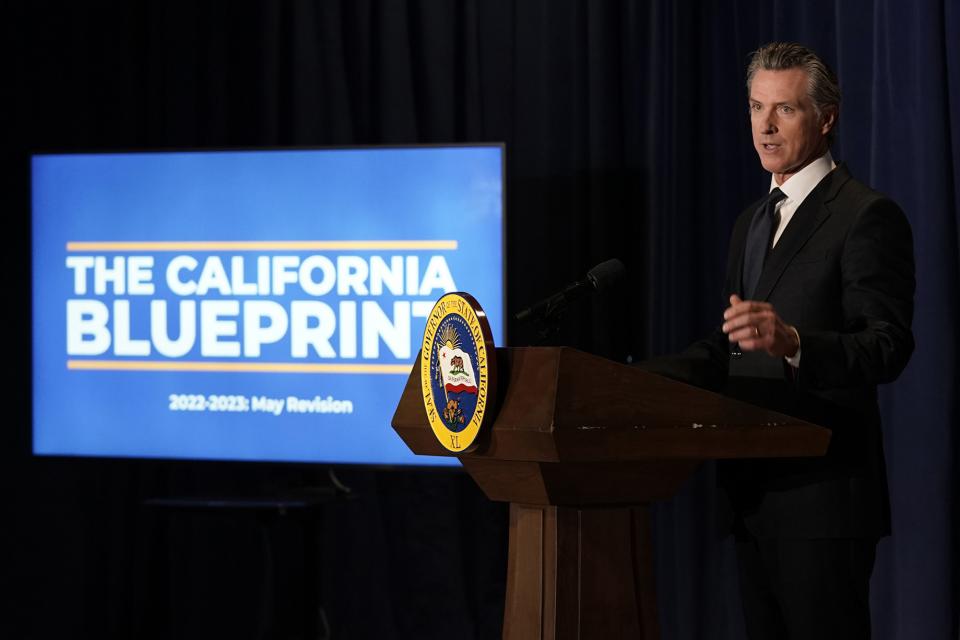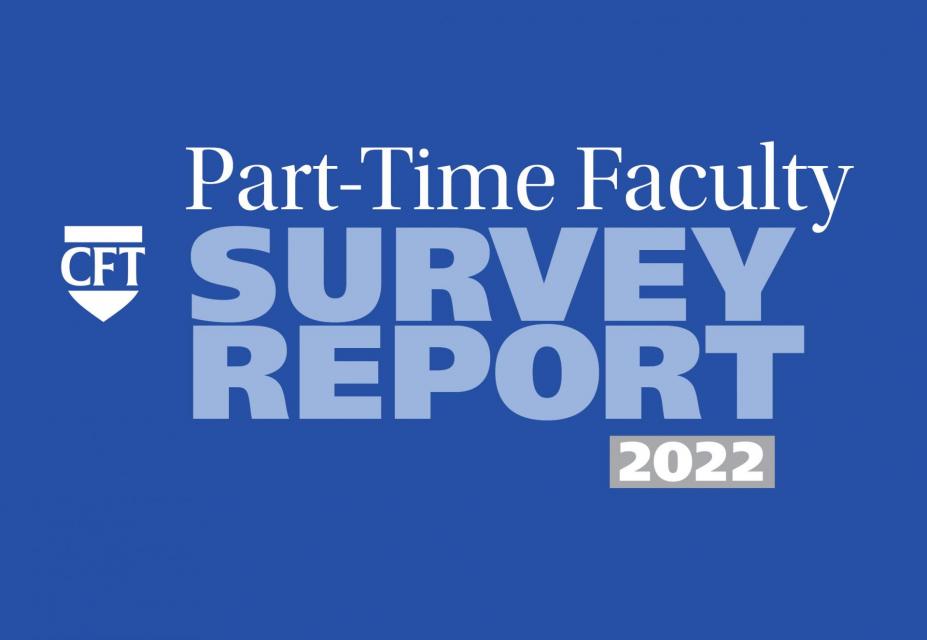State Budget
Legislative Priorities 2025
End Of Year Results
Early Childhood Education/TK-12
AB 65 (Aguiar-Curry) – Requires paid maternity leave for pregnant educators and classified professionals. Co-Sponsored with CTA. Paused in the Senate Policy Committees
AB 84 (Muratsuchi) – Implements policy proposals from the Financial Crisis & Management Assistance Team (FCMAT), the Legislative Analyst Office, and the California State Controller for non-classroom based charter school financial auditing and funding determinations. Paused on the Senate Floor
State Budget 2025-2026 Analysis
State Budget 2025-2026
Amidst ongoing uncertainty, funding for schools and community colleges is fairly stable in the 2025-26 state budget agreement
Legislative leaders and the governor reached agreement on a 2025-26 budget package on June 24. It reflects weaker than anticipated state revenues and tremendous uncertainty related to unpredictability in the federal government.
Final budget agreement for 2024-25
Includes critical funding for schools and community colleges, addresses large deficit
Legislative leaders and the governor reached agreement on a 2024-25 budget package on June 22, which they describe as supporting fiscal stability while preserving key programs. The $297.9 billion deal includes $211.4 billion in General Fund expenditures and a Prop. 98 minimum guarantee of $115.3 billion for 2024-25. It incorporates a multi-year approach that Gov. Newsom proposed in his May Revise, with a balanced budget projected for both 2024-25 and 2025-26.
Governor’s Proposed State Budget for 2024-25
Research Brief
Governor’s initial proposal for 2024-25 budget addresses large deficit without significant cuts or increases to public education funding
On January 10, Governor Newsom presented his initial budget proposal for the upcoming fiscal year. With tax receipts down this year and the late tax deadline last year, the Department of Finance is estimating a $37.9 billion budget deficit in the year ahead. Despite the shortfall, Governor Newsom did not propose significant cuts to education, instead essentially funding K-14 education at a similar level to the current year.
Legislative Update: Newsom’s Proposed State Budget ‘24-25
Initial Overview
January 11, 2024
Governor Newsom presented his initial 2024-25 budget proposal yesterday, with less dire projections than had been anticipated. The $291 billion budget proposal is about 6% smaller than the total 2023-24 budget, and about 8% smaller than the General Fund spending approved in the 2023-24 budget act.
The budget deficit as calculated by the Department of Finance (DOF) is estimated at $37.9 billion for the coming fiscal year; this is about $30 billion lower than the Legislative Analyst projected last month.
State budget for 2023-24
Protects public education with ongoing funding; staffing crisis requires more support
State budget for 2023-24 protects public education with ongoing funding; staffing crisis requires more support:
Governor Newsom and the state Legislature came to an agreement in late June on a budget for 2023-24 that includes $225 billion in general fund expenditures while addressing a $31.7 billion deficit.
The Proposition 98 funding minimum guarantee is $108.3 billion in 2023-24, which is less than what last year’s enacted budget assumed, but slightly higher than the revised guarantee for 2022-23.
Governor’s Proposed State Budget for 2023-24
Research Brief
Governor Newsom started off the 2023-24 budget process on January 10 with a $223.6 billion proposal. Facing lower revenues than expected last year and a budget deficit projected at $22.5 billion by the Department of Finance, the January budget proposal is cautionary. Since the 2022-23 enacted budget anticipated a different budgetary landscape and included significant one-time expenditures, the governor’s initial proposal includes few cuts to education and does not draw on the available rainy-day reserves. Protecting education funding, the proposal also fully funds the statutory COLA, which is estimated at 8.13% at this time.
Governor signs six CFT bills, plus budget trailer bills with union priorities
Legislative Update
Governor Newsom signed six union bills at the end of September that the CFT successfully lobbied in both houses of the Legislature. The CFT had sponsored or co-sponsored 16 legislative bills alongside several budget proposals in the last year of the 2020-22 legislative session. A majority of these priorities made it to the governor’s desk or were included in the state budget, with only one bill being vetoed by the governor.
What budget trailer bills mean for education workers
Legislative Update
On September 30, Governor Newsom signed the final budget trailer bills sent to him by the Legislature after passing the bills and a “budget junior” on August 31. Budget trailer bills are created by the Committee on Budget to provide technical language for the implementation of fiscal allocations. The budget junior bill includes additional allocations as well as additional items necessary for implementation of some July budget expenditures.
The budget-related bills go into effect immediately. CFT priorities in the budget trailer bills are listed below.
State budget continues record funding for public education, secures funding for part-time faculty healthcare
Legislative Update
Funding for part-time community college faculty healthcare secured
Governor Newsom signed the final state budget on Friday, June 30 after the governor and state legislators reached agreement on the 2022-23 budget over the weekend. The deal includes record levels of funding for public education and the $200 million to support part-time faculty healthcare that CFT has been championing throughout this budget process.
Groundbreaking CFT survey calls out healthcare crisis among part-time faculty
Critical insights into part-time faculty in community colleges statewide
The results of CFT’s groundbreaking statewide survey of part-time faculty offer critical insights into the daily, personal, and structural challenges that part-time and contingent faculty experience when it comes to healthcare.
CFT analyzes governor’s proposed budget for 2022-23
Research Brief
Governor Newsom introduced a $286.4 billion budget proposal for 2022-23 on January 10. The proposed budget is 9% larger than last year’s record high budget, largely because of tax receipts that were even higher than expected. The governor’s office is anticipating a $21 billion discretionary surplus for 2022-23 and this includes billions more for education.
Education sees another increase in governor’s state budget proposal
Legislative Update
Governor Newsom proposed significant increases for education and a 5.33% Cost-of-Living Adjustment (COLA) in his state budget for 2022-23 released January 8. In his proposal, the governor addressed five concurrent state crises — COVID-19, climate change, inequality, homelessness, and public safety — several of which are reflected in the education budget. This budget is a preliminary proposal subject to negotiations with the Legislature and will be revised in May, with its final passage in June.
LAO predicts $31 billion budget surplus for 2022-23
Research Brief
Each November, the Legislative Analyst’s Office (the non-partisan advisor for the state Legislature) prepares a fiscal outlook in anticipation of the state budget process that kicks off in January with the governor’s budget proposal.
Overall, revenues are growing at historic rates and the LAO estimates the state will have a $31 billion surplus to allocate in 2022‑23. The Proposition 98 guarantee for schools and community colleges is estimated to be $11.6 billion (12.4% above the 2021-22 enacted budget). LAO estimates $9.5 billion will be available for new commitments and $10.2 billion will be available for one-time spending.










